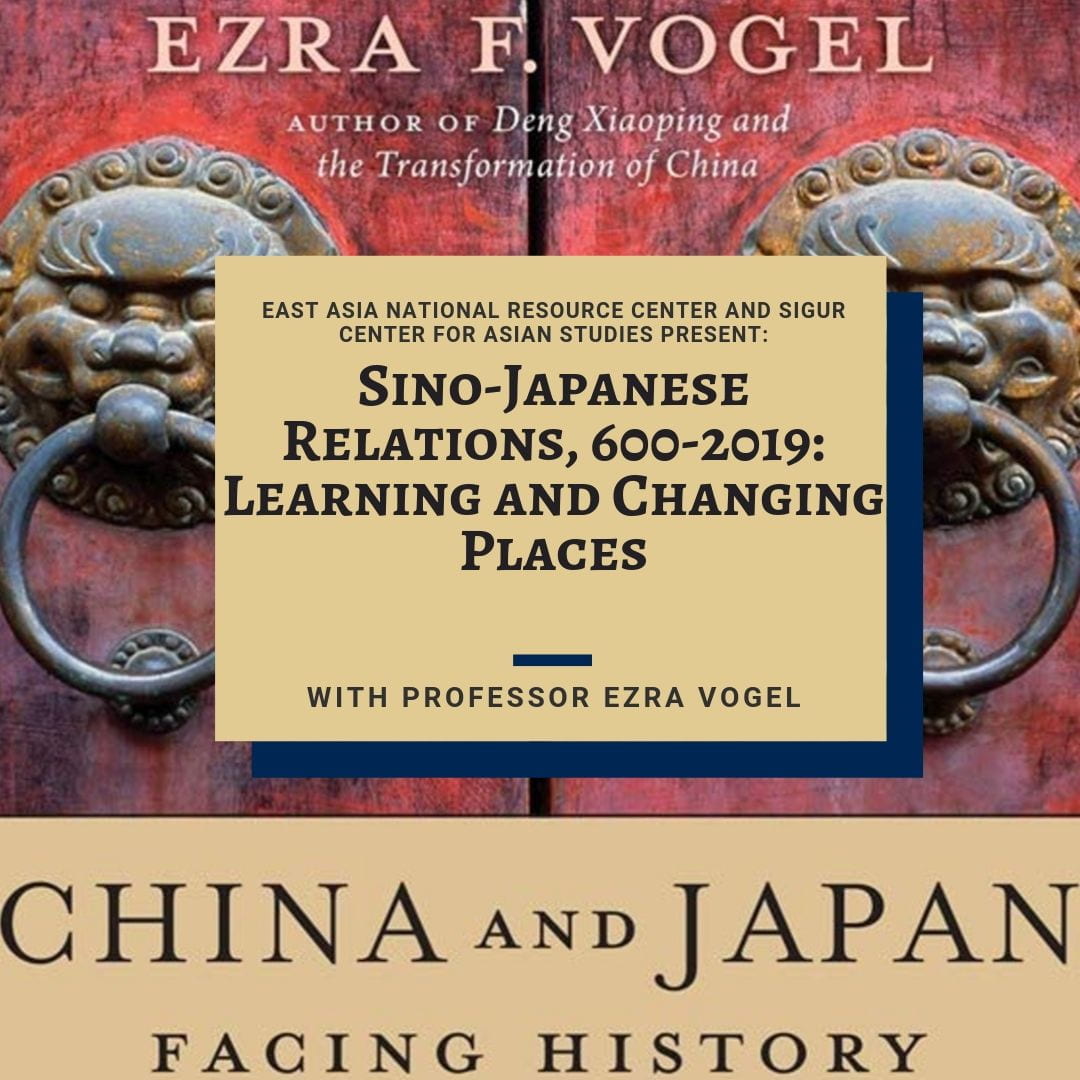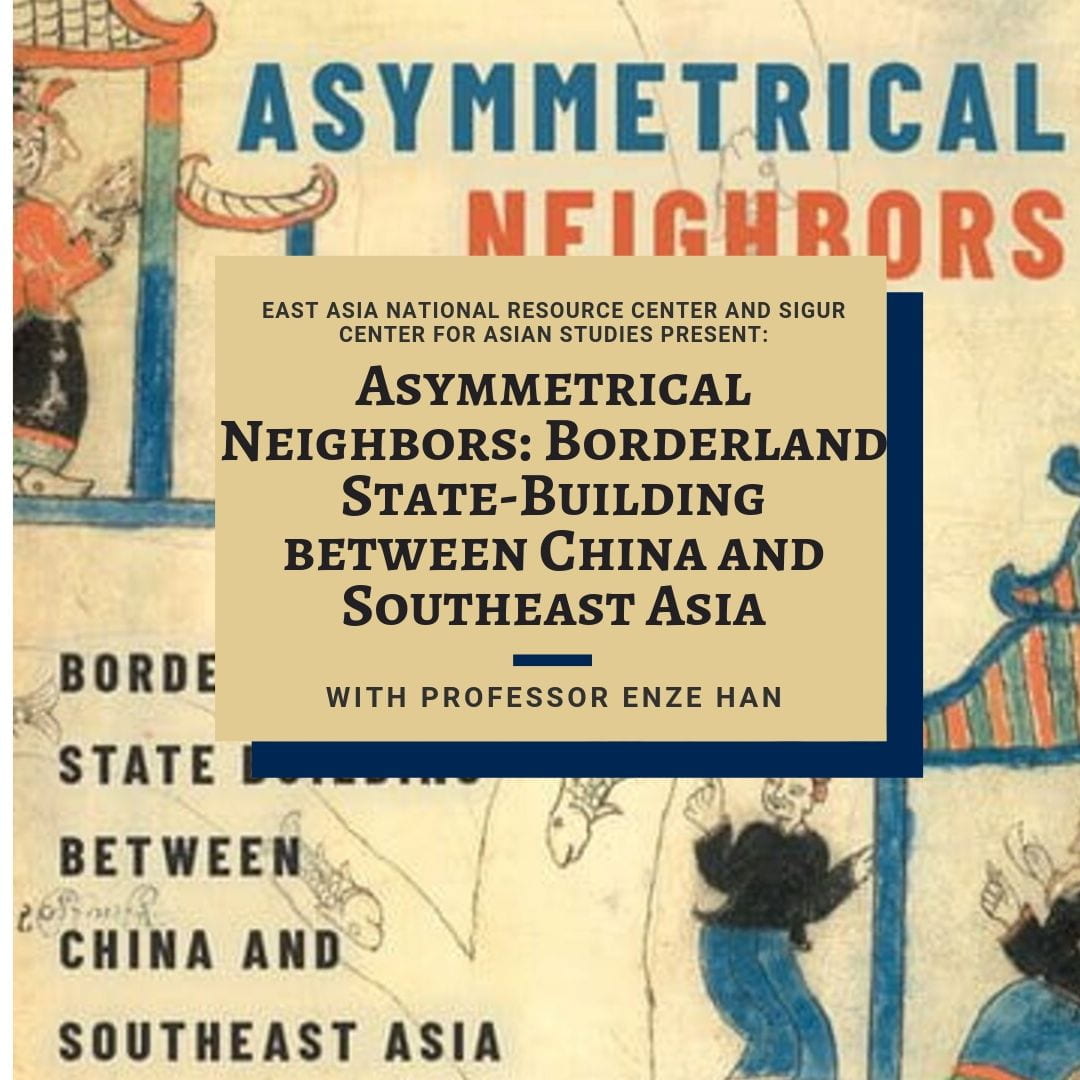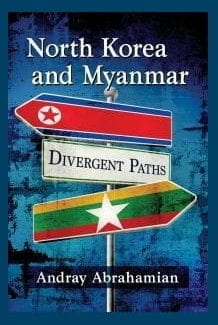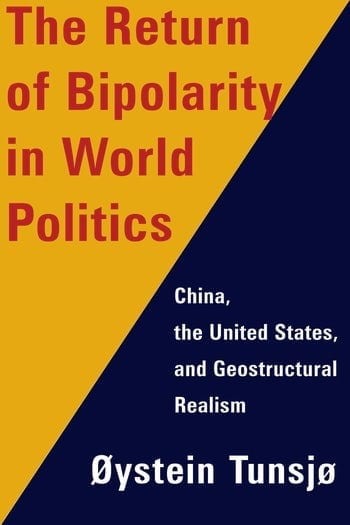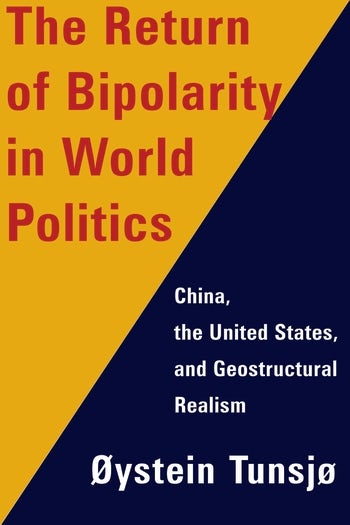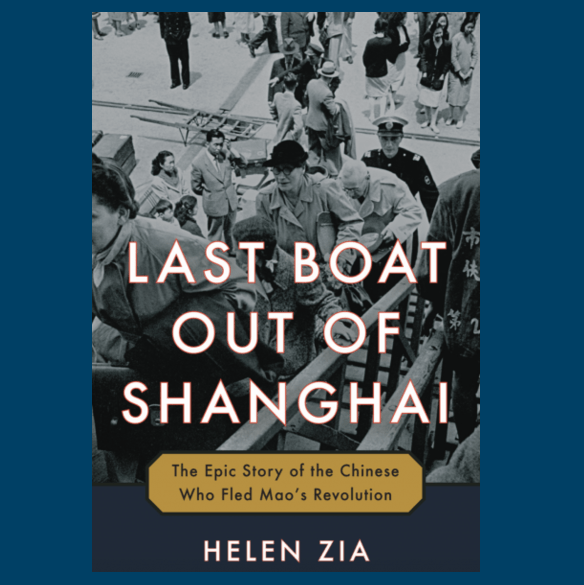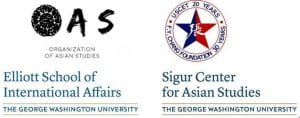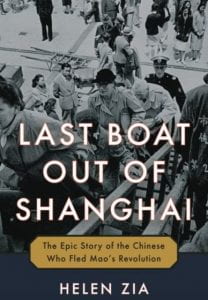


Monday, December 9, 2019
1:45 PM – 3:00 PM
Lindner Commons, 602
Elliott School of International Affairs
1957 E Street NW, Washington, DC 20052
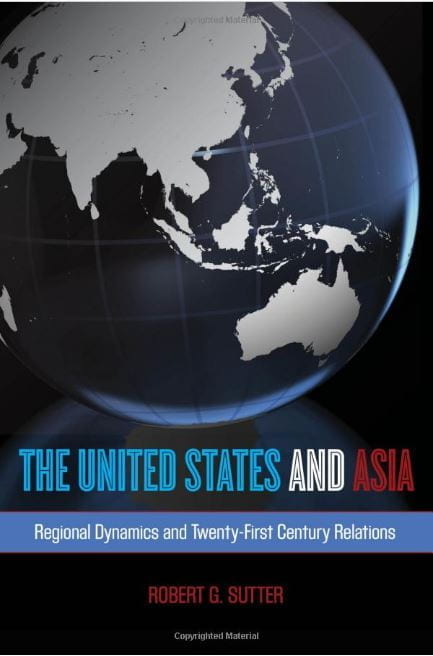
The Elliott School Book Launch Series, National Bureau of Asian Research, and Sigur Center for Asian Studies invite you to an event celebrating the launch of Professor Robert Sutter’s new book with Roy Kamphausen of the National Bureau of Asian Research. The discussion will be followed by a Q&A. Light refreshments will be provided.
Book signing from 1:30-1:45pm
Book sale from 1:30-1:45pm & 3-3:15pm
About the Event:
Dr. Sutter wrote the first edition of this book five years ago, discerning five major determinants of Asian regional dynamics since the end of the 20th century. They are:
– Changing power relationships — notably China’s rise
– Economic globalization
– Regional hot spots — notably North Korea
– Growing multilateralism
– US engagement and withdrawal.
He concluded that the Obama government’s re-balance policy fit regional dynamics well. This second edition explains Obama’s failure to deal effectively with expanding Chinese assertiveness, setting the stage for acute US-China rivalry that dominates regional dynamics going forward. Professor Sutter’s talk on December 9 will focus on assessing that rivalry and its growing impact on the region.
This event is free, open to the public, and on the record.
About the Speaker:
Robert Sutter has been a Professor of Practice of International Affairs at the Elliott School of International Affairs at the George Washington University since 2011. He also served as Director of the School’s main undergraduate program involving over 2,000 students from 2013-2019.
Before arriving at GWU, Professor Sutter was Visiting Professor of Asian Studies at Georgetown University (2001-2011). A Ph.D. graduate in History and East Asian Languages from Harvard University, he has published 22 books (four with multiple editions), over 300 articles and several hundred government reports dealing with contemporary East Asian and Pacific countries and their relations with the United States.
His most recent book is The United States and Asia: Regional Dynamics and Twenty-first Century Relations (2nd Edition) (Rowman & Littlefield, 2020). Sutter’s government career (1968-2001) saw service as Senior Specialist and Director of the Foreign Affairs and National Defense Division of the Congressional Research Service, the National Intelligence Officer for East Asia and the Pacific at the U.S. Government’s National Intelligence Council, the China division Director at the Department of State’s Bureau of Intelligence and Research and professional staff member of the Senate Foreign Relations Committee.
About the moderator:
Roy D. Kamphausen is President of the National Bureau of Asian Research (NBR), where he has contributed substantially to numerous publications and conferences. Mr. Kamphausen is also the Deputy Director of the IP Commission and a Commissioner on the U.S.-China Economic and Security Review Commission
Prior to joining NBR, Mr. Kamphausen served as a career U.S. Army officer, as a China policy director in the Office of the Secretary of Defense, a China strategist for the chairman of the Joint Chiefs of Staff, and a military attaché at the U.S. Embassy in Beijing.
He has published extensively on China’s People’s Liberation Army, U.S.-China defense relations, East Asian security issues, innovation, and intellectual property protection. He is frequently cited in U.S. and international media and lectures at leading U.S. military institutions.
